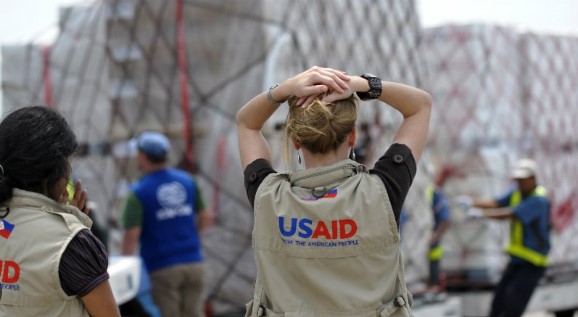
The abrupt suspension of U.S. foreign aid by President Donald Trump has triggered immediate disruptions across Africa, threatening vital humanitarian programs and healthcare initiatives. The executive order’s impact has reverberated through countless communities, from Zimbabwe’s child marriage prevention efforts to South Africa’s critical HIV/AIDS treatment programs.
The freeze affects a significant portion of the $6.5 billion in U.S. humanitarian assistance provided to sub-Saharan Africa last year. Organizations like Claris Madhuku’s Platform For Youth and Community Development in Zimbabwe have been forced to halt operations without warning, leaving vulnerable populations at risk and dedicated volunteers without support.
Particularly concerning is the potential impact on PEPFAR, widely regarded as history’s most successful foreign aid program. In South Africa alone, where over 8 million people live with HIV, the program supports daily antiretroviral treatment for 5.5 million individuals. Despite announced exemptions for “life-saving” assistance, many PEPFAR-funded facilities remain closed, forcing patients to seek alternative care at overwhelmed government facilities.
The humanitarian consequences extend to conflict zones, with at least 1.2 million people in Congo at risk of losing critical support. In Sudan, amid multiple disease outbreaks, an estimated 600,000 people face increased health risks. The situation is further complicated by communication restrictions imposed on USAID contractors and staff, creating uncertainty about which programs qualify for exemptions.
The freeze’s ripple effects continue to emerge, raising concerns about the long-term impact on Africa’s most vulnerable populations and the future of U.S.-African humanitarian partnerships.
